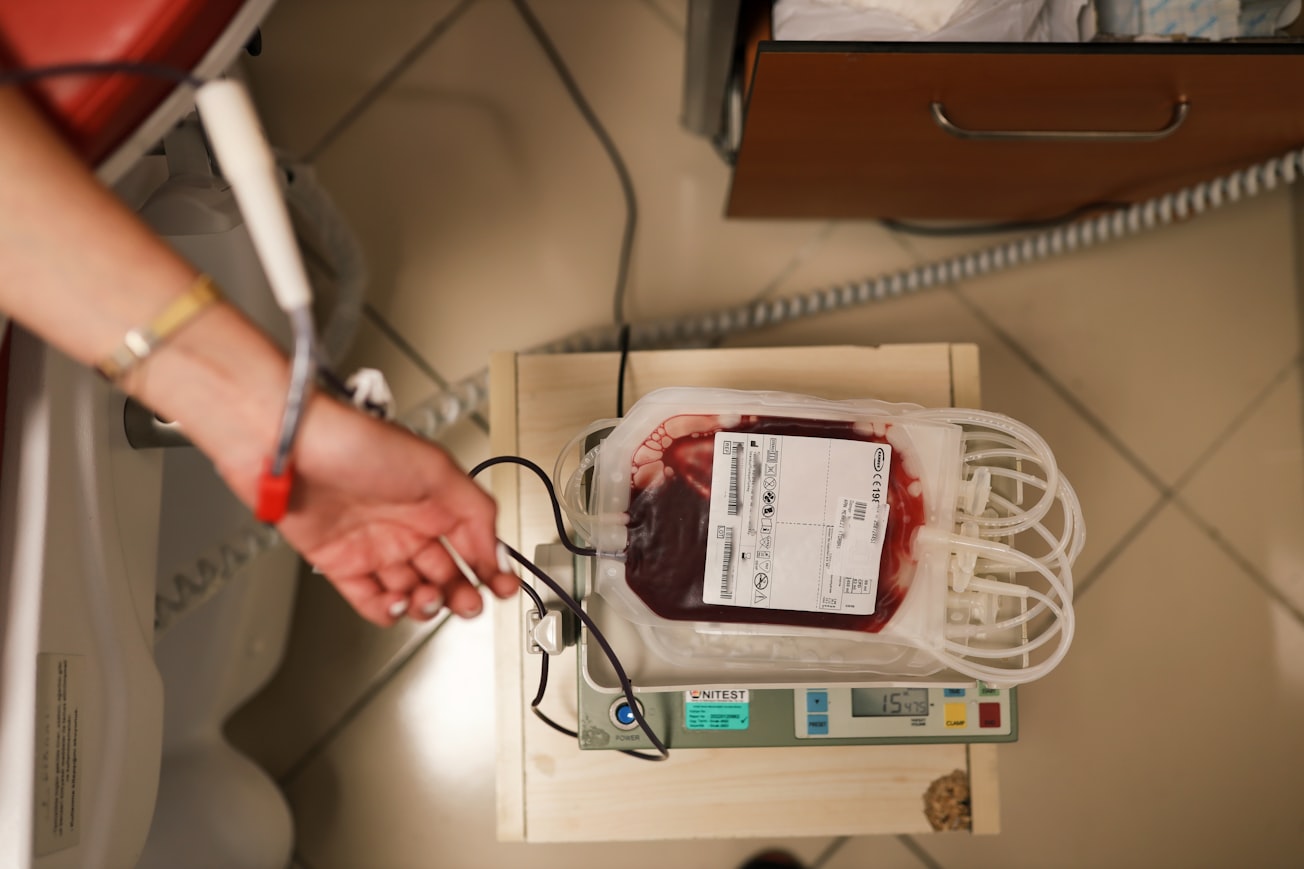What is it about?
The BloodTrain Project is achieving its first measurable successes in establishing effective regulation to monitor blood safety with four African partner countries. The project partners in Ghana, Tanzania, Zambia, and Zimbabwe were supported in developing a stable and well-functioning hemovigilance system. This will effectively monitor the entire blood transfusion chain. All countries are currently in the process of finalizing or launching their hemovigilance system documents. The article outlines the critical components and lessons learnt. The project team sees this success mainly based on, (a) Intense interaction with the stakeholders in African partner countries, (b) the Collaborative Approach with involving all relevant actors from national, (c) using internationally recognized guidance tools like WHO Benchmarking Tool + Blood, but to be flexible to offer new solutions to meet and adapt to local necessities and conditions.
Featured Image

Photo by Yunus Tuğ on Unsplash
Why is it important?
Supplying the population with sufficient safe blood transfusions and blood components is a fundamental component of any healthcare system of the world. However, in Africa in particular, the demand for blood greatly exceeds its availability. Moreover, safety is not guaranteed. To improve the availability of quality-assured and safe blood and blood products, it is necessary to adequately regulate the blood sector. As this is a relatively new concept in Africa, it is the aim of the BloodTrain project to develop stable, well-functioning regulatory blood systems with its partner countries and beyond. This includes to have an appropriate hemovigilance system that monitors and responds to incidents throughout the blood supply chain, from donor to recipient patient. BloodTrain is a project of the Paul-Ehrlich-Institut – the German Federal Institute for Vaccines and Biomedicines – conducted under the aegis of the Global Health Protection Programme (GHPP) of the German Federal Ministry of Health.
Perspectives
With this article, we like to raise awareness for the importance of blood and its adequate regulation in Africa. But we also want to show, how successful development is possible, when all involved stakeholders work together to achieve an improvement of a situation like for hemovigilance, which is one building block in the system to provide safe and efficacious blood products.
Jens Reinhardt
Paul-Ehrlich-Institut
Read the Original
This page is a summary of: Strengthening Blood Regulatory Systems to Tackle Africa’s Unmet Needs for Blood and Blood Products, Transfusion Medicine and Hemotherapy, December 2022, Karger Publishers,
DOI: 10.1159/000528077.
You can read the full text:
Resources
Contributors
The following have contributed to this page










